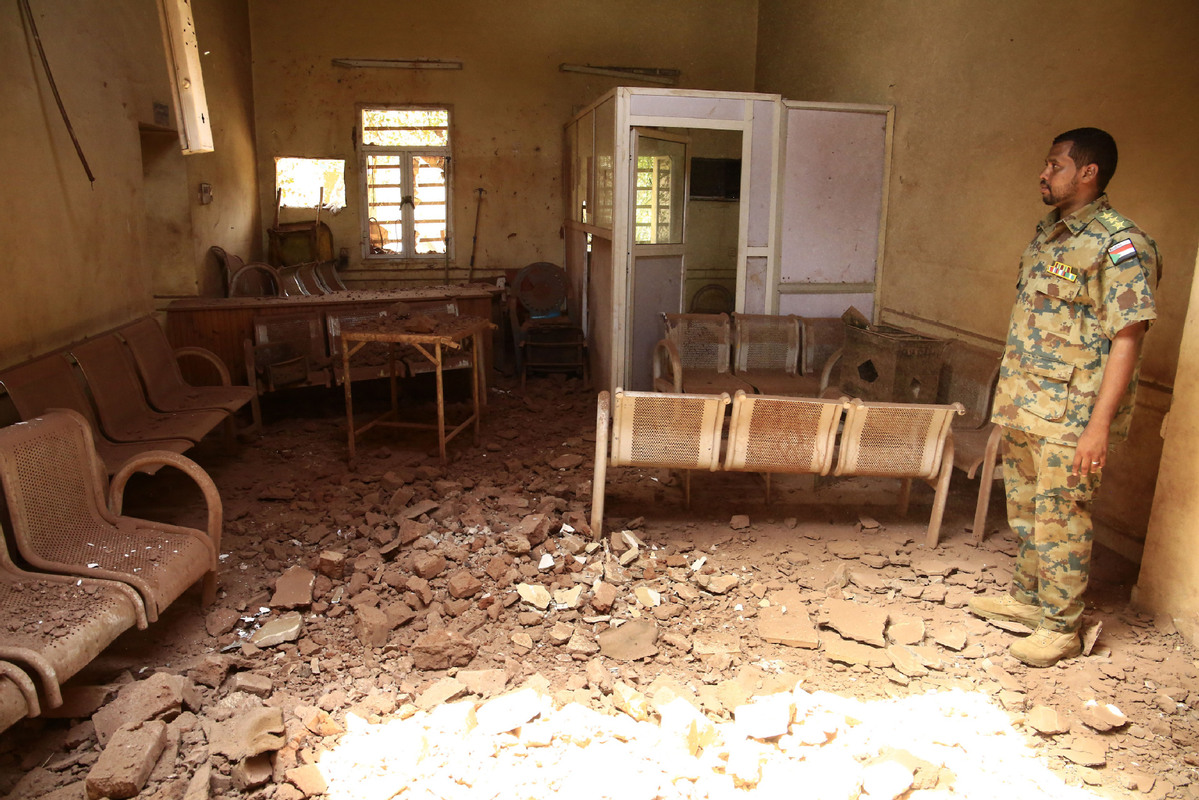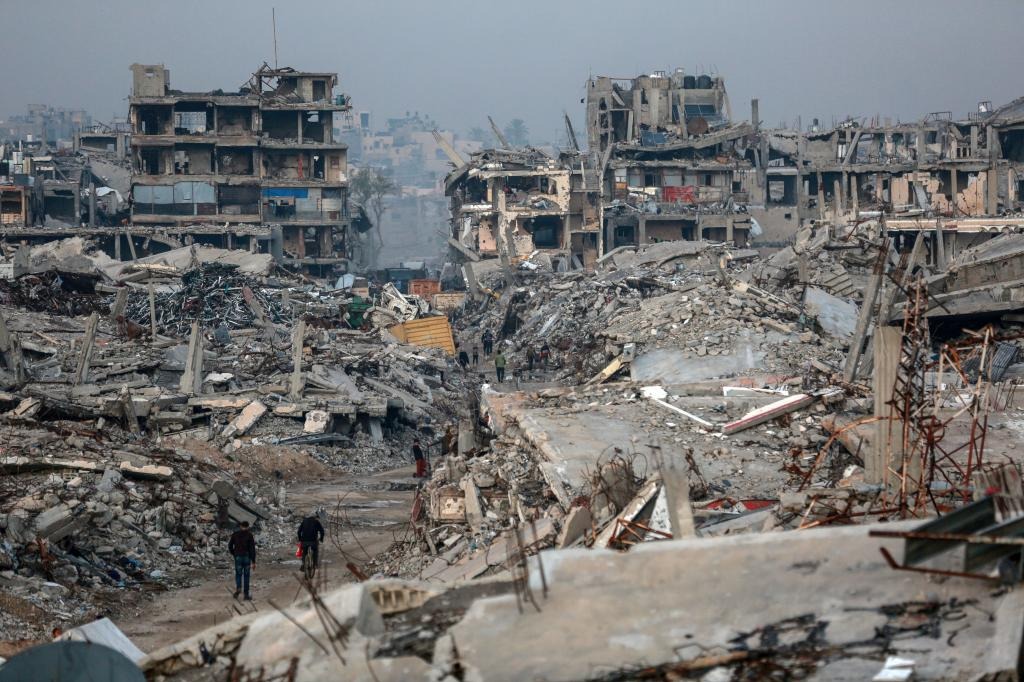Alarm raised over escalating famine in Sudan


The civil conflict in Sudan, which broke out in April last year, has left over 25 million people facing high levels of acute hunger, including 755,000 people who are considered to be in catastrophic conditions with a risk of famine in 14 areas hardest hit by the ongoing conflict.
During a visit to Sudan's Red Sea State on Tuesday to launch the distribution of certified seeds targeting local farmers, Abdul Hakim Elwaer, the assistant director-general to the United Nation's Food and Agriculture Organization, voiced deep concern about the security situation in Sudan and its implications for vulnerable populations.
Elwaer pointed out that since continued conflict negatively affected the food produced by local farmers last year, the current agriculture season is critical to increasing locally available food. This is to avoid a further food gap that could lead to catastrophe in the coming months. He further called upon all parties of the conflict to cease hostilities immediately to enable the farmers to access their lands across all states in Sudan and produce the much-needed food to avoid catastrophe.
According to FAO's latest Famine Review Committee report published on August 1, the spread and escalation of fighting to Al Jazirah State, the breadbasket of the Sudan, poses a significant threat to national food production, given that the state accounts for about 50 percent of wheat and 10 percent of sorghum production in the country.
"The outlook for food production in 2024 is bleak. Access is a number one concern among all agencies on the ground. Security constraints and bureaucratic obstacles are limiting how many people are assisted," the report stated.
The UN agency called for urgent action by the international community to help people in Sudan meet their immediate needs and adapt their livelihoods by building resilience in the face of conflicts, climate and economic shocks. With a current mobilization of $32 million to finance its $104 million Humanitarian Response Plan 2024 for Sudan, FAO called for assistance to fill the $72 million gap.
































